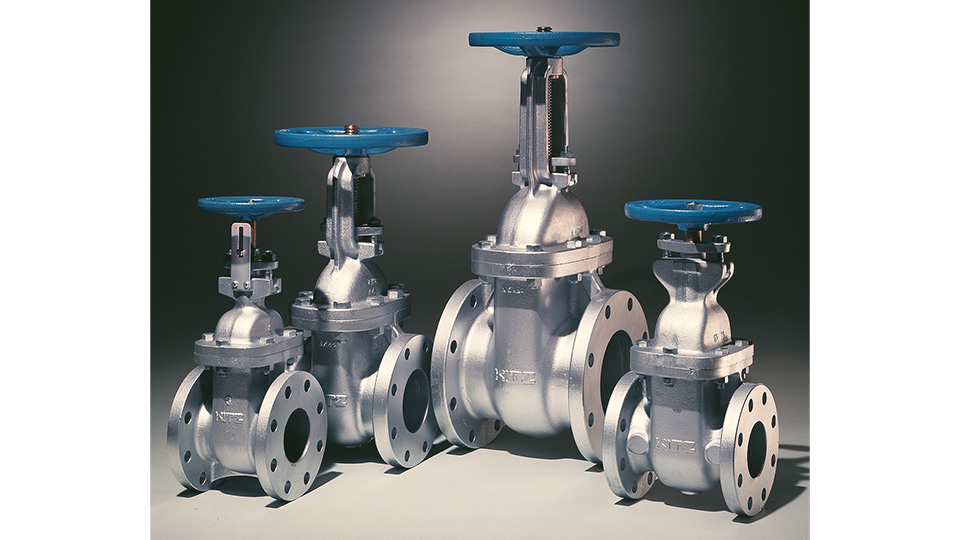Gate valves are widely used in various industries, including oil and gas, water treatment, and power generation.In this article, we will discuss the basics of gate valve operation and why it’s important to understand its functioning.
How Gate Valves Work
Gate valves are linear motion valves that use a gate to control the flow of fluids or gases. The gate is a flat, rectangular plate that moves up and down to open or close the valve. When the gate is raised, the valve is open, allowing the fluid to flow through. When the gate is lowered, the valve is closed, and the flow is blocked.
Types of Gate Valves
There are two main types of gate valves: sluice gate valves and parallel gate valves. Sluice gate valves are used in applications where the fluid flow needs to be controlled, such as in water treatment plants. Parallel gate valves are used in applications where the fluid flow needs to be blocked, such as in oil and gas production.

Gate Valve Operation
The operation of a gate valve is relatively simple. The valve is controlled by a stem or a handle that is connected to the gate. When the stem or handle is rotated, the gate moves up or down, opening or closing the valve. The stem or handle is connected to an actuator, which provides the force needed to move the gate.
Actuators Used in Gate Valves
Actuators are an essential part of gate valve operation. They provide the force needed to move the gate and control the flow of fluids or gases. There are several types of actuators used in gate valves, including manual, electric, and pneumatic. Manual actuators are used in applications where the valve needs to be operated manually, while electric and pneumatic actuators are used in applications where automatic control is required.
Advantages of Gate Valves
Gate valves have several advantages that make them popular in various industries. They are easy to operate and maintain, and they provide a tight seal, preventing leakage and ensuring the safety of the system. They are also versatile, with various types of actuators available to suit different applications.

Common Applications of Gate Valves
Gate valves are widely used in various industries, including:
- Oil and gas production: Gate valves are used to control the flow of oil and gas in production and transportation.
- Water treatment: Gate valves are used to control the flow of water in treatment plants, ensuring the water is clean and safe for consumption.
- Power generation: Gate valves are used in power plants to control the flow of coolant and steam.
- Chemical processing: Gate valves are used to control the flow of chemicals in processing plants, ensuring the safety of the system.
Conclusion
Gate valves are an essential part of various industries, providing a reliable and efficient way to control the flow of fluids and gases. Understanding the basics of gate valve operation is critical to ensuring the safety and efficiency of these systems.
By comprehending how gate valves work, the different types of valves available, and their applications, industries can ensure the smooth operation of their systems.

Leave a Reply